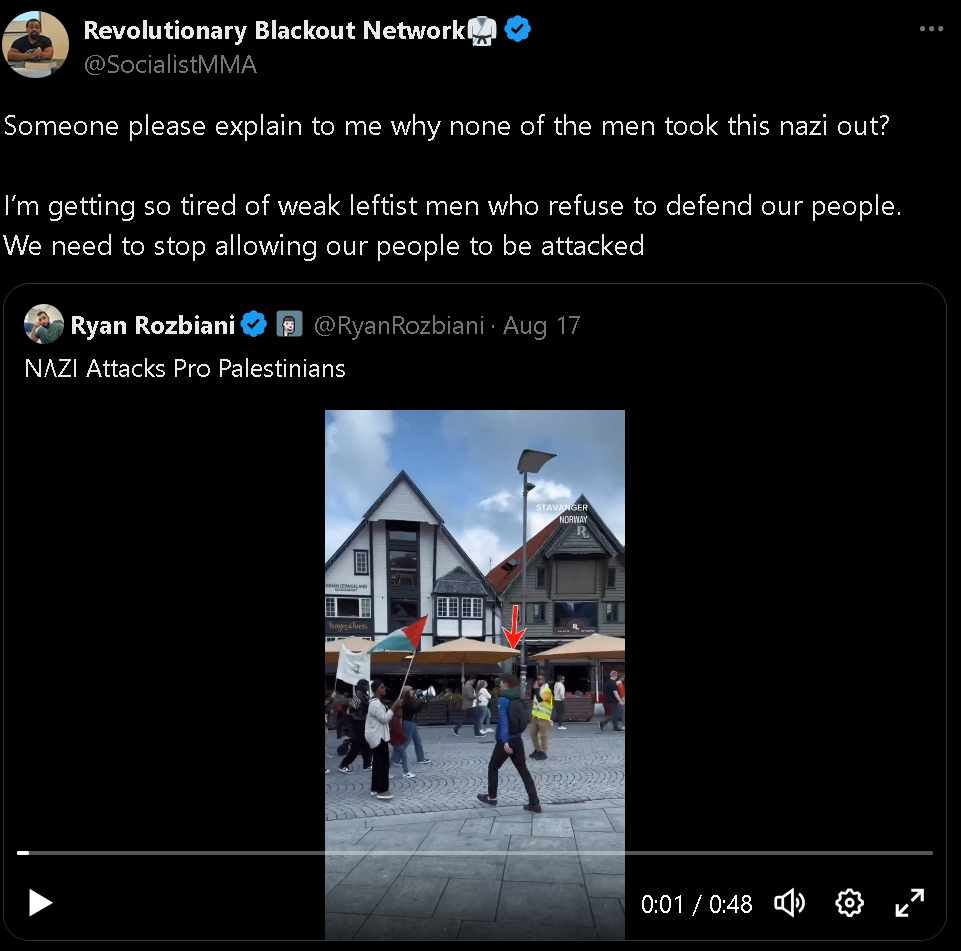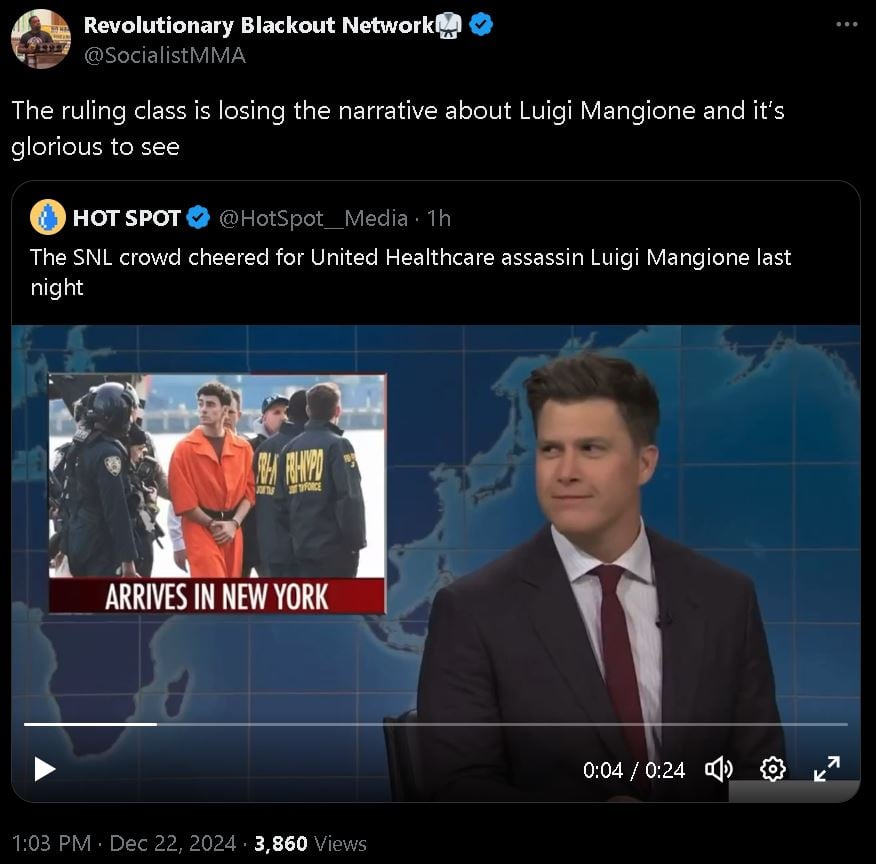Edit: fixed names in summary
Critique of [Cenk] and Ana, [from TYT]
- The discussion begins with a critique of [Cenk] and Ana, highlighting their perceived hypocrisy regarding health care issues and their roles at TYT.
- The speaker points out that despite their outrage towards health insurance companies, they have been accused of denying health care to their own employees.
- The speaker argues that violent actions against individuals do not address systemic issues, comparing this to justifying violence by referencing the actions of Hamas against Israel.
- The commentary extends to the overall lack of empathy shown by various media figures, including a specific mention of United Healthcare's CEO.
- The speaker expresses a belief that TYT has shifted its focus over the years, moving from celebrity gossip to a more serious political commentary, especially during the rise of Bernie Sanders.
- There is an accusation of Yuger and Casparian engaging in union-busting activities, despite their claims of supporting union efforts.
- The speaker notes that after Bernie Sanders' campaign faltered, TYT rebranded itself again, aligning more closely with mainstream Democratic views.
- The discussion highlights a perceived desperation from TYT as they try to maintain relevance amidst changing political landscapes.
Censorship and Media Restrictions
- The speaker discusses recent challenges faced by independent media on platforms like YouTube, where content has been censored or removed, indicating a struggle for free expression.
- There is a mention of the removal of segments from other independent shows, reflecting a broader trend of censorship affecting content creators.
- The speaker expresses frustration over the perceived bias in media coverage, particularly regarding U.S. foreign policy towards Russia and the war in Ukraine.
- The discussion touches on NATO's role in escalating tensions and how Western media avoids critical analysis of these actions.
- The speaker emphasizes the need for independent voices to challenge mainstream narratives, especially regarding military actions and economic sanctions imposed by the West.
Criticism of U.S. Foreign Policy
- The speaker critiques the U.S. for its foreign policy decisions, particularly regarding sanctions on countries like Syria and their implications for the local population.
- There is a strong condemnation of the U.S. government's involvement in conflicts, which the speaker argues leads to long-term instability and suffering for civilians.
- The discussion highlights the contradiction of advocating for democracy abroad while undermining it through military interventions and economic pressures.
- The speaker points out the lack of accountability for U.S. actions, contrasting this with the scrutiny faced by other nations regarding their governance.
- The conversation also touches on the impact of U.S. sanctions on Syria, arguing that these measures have exacerbated the humanitarian crisis rather than alleviating it.
The Role of Media in Shaping Public Perception
- The speaker discusses how media narratives shape public perception of political events, particularly in the context of the Syrian conflict.
- There is a critique of how Western media often presents a one-sided view, omitting the complexities of local dynamics and the motivations behind various factions.
- The role of journalists in either perpetuating or challenging these narratives is highlighted, with an emphasis on the need for critical voices in the media landscape.
- The speaker calls for a more nuanced understanding of conflicts, urging audiences to question the information presented to them.
- The discussion concludes with a reflection on the importance of independent journalism in providing alternative perspectives to mainstream narratives.
Cultural and Political Dynamics in Syria
- The speaker provides insights into the cultural and political landscape of Syria, emphasizing its multi-ethnic and multi-religious composition.
- There is an acknowledgment of the complexities surrounding the Assad regime, including both its failures and the reasons some people continue to support it.
- The discussion addresses the impact of foreign intervention in shaping the conflict, with an emphasis on how external powers have influenced local dynamics.
- The speaker argues that the narrative of a simple uprising against tyranny fails to capture the multifaceted nature of the conflict and the various interests at play.
- The conversation reflects on the potential future of Syria, considering the implications of ongoing conflicts and the role of foreign powers in determining the country's fate.
Implications of Western Influence
- The speaker discusses the implications of Western influence in the Middle East, particularly in terms of economic exploitation and political manipulation.
- There is a critique of how Western powers often prioritize their interests over the well-being of local populations, leading to destabilization and conflict.
- The conversation highlights the need for a re-evaluation of the role of Western nations in global affairs, especially regarding military interventions and economic sanctions.
- The speaker argues that true liberation and democracy can only be achieved through self-determination and independence from foreign influence.
- The discussion concludes with a call for solidarity among those advocating for genuine change, emphasizing the importance of understanding the broader geopolitical context.
#cnn #news #propaganda #live #trump
Blacking Out Corporate Propaganda and Educating for a Revolution.


